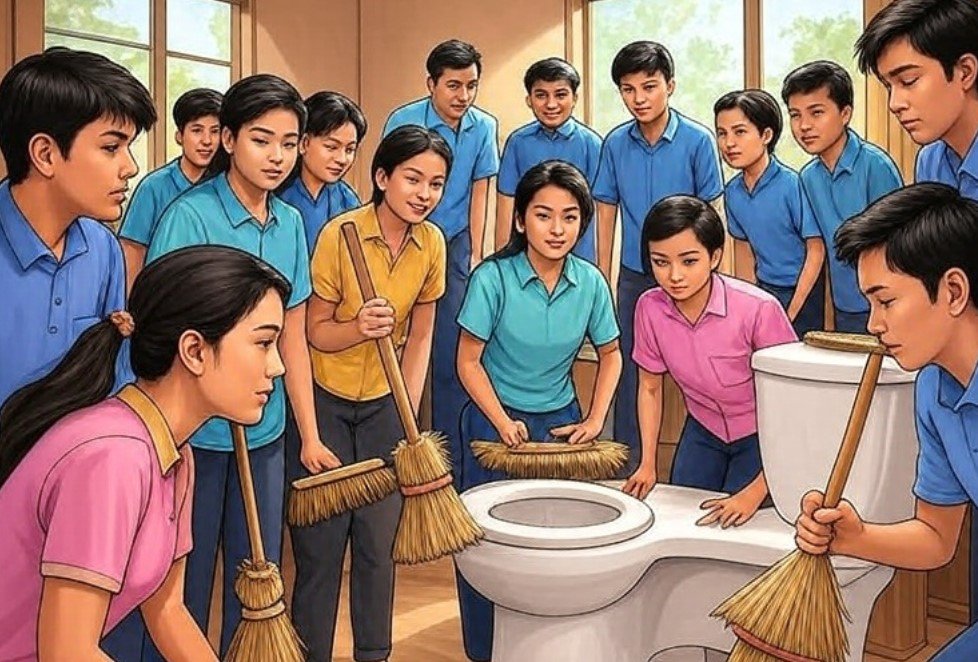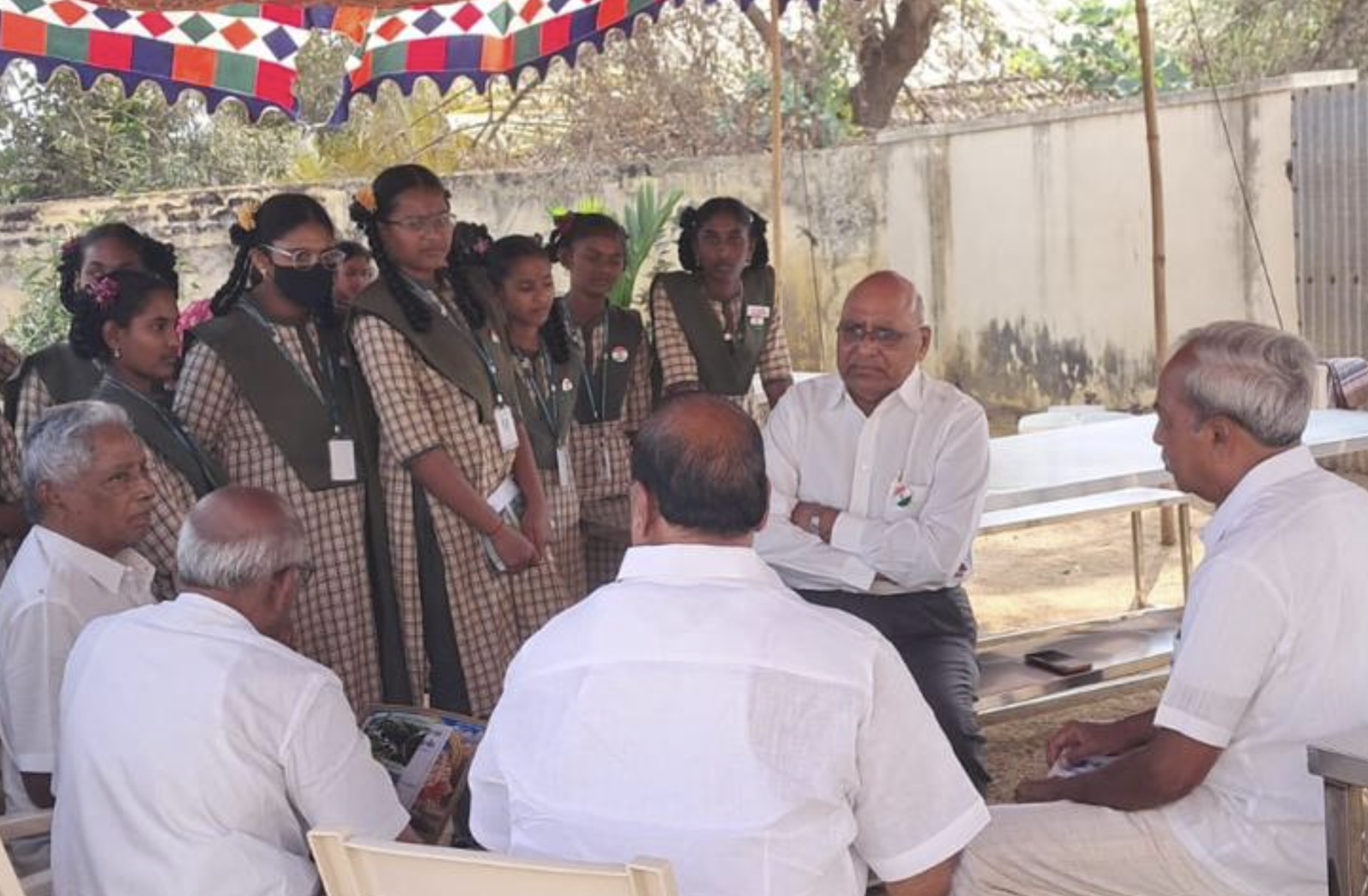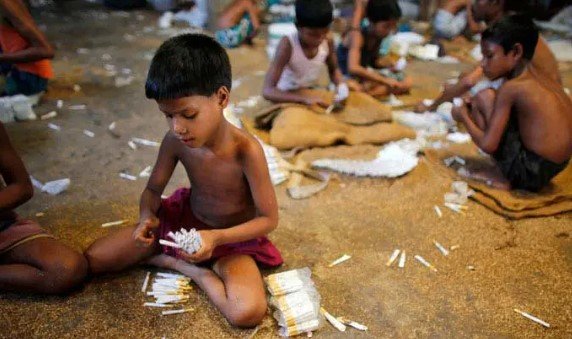Hyderabad: A major controversy has erupted in Telangana following IAS officer’s remarks on the need for studet-led hygiene in hostels. Dr. V.S. Alagu Varshini, Secretary of the Telangana Social Welfare Residential Educational Institutions Society (TGSWREIS), has reportedly instructed school principals to involve students in cleaning tasks, including toilets and hostel rooms, as part of their routine.
The comments, captured in a viral audio clip, have drawn widespread criticism for allegedly promoting caste-based discrimination, particularly against Scheduled Caste (SC) students, prompting the National Commission for Scheduled Castes (NCSC) to intervene.
The Controversial Remarks
In the audio clip, recorded during a preparatory Zoom meeting with Gurukul school principals on May 22, 2025, Dr. Varshini is heard emphasizing the importance of hygiene and self-reliance among students, many of whom come from socio-economically disadvantaged backgrounds.
“They must do the room cleaning. Who will clean their rooms? If a sweeper can do it once, why can’t the students do it on other occasions? Similarly, why can’t they clean their own toilets? What is wrong with it?” she reportedly said.
Varshini further stated that such tasks are part of a “holistic education” model, aimed at instilling life skills in students from families with annual incomes not exceeding ₹2 lakh. She also instructed principals to issue show-cause notices to parents who object to these directives, sparking further outrage.
Political and Social Backlash
The remarks have ignited a political firestorm, with the opposition Bharat Rashtra Samithi (BRS) accusing the Congress-led Telangana government of endorsing “anti-poor” and “anti-Dalit” policies. BRS leader and former TGSWREIS Secretary Dr. R.S. Praveen Kumar condemned the directive, questioning whether Chief Minister Revanth Reddy’s children would be expected to clean school toilets.
“This ‘holistic education’ experiment must start from the so-called ‘posh society’ and their kids in their cozy homes and international schools first, not from poor kids,” Kumar posted on X, demanding Varshini’s immediate removal.
BRS MLC Kalvakuntla Kavitha escalated the criticism, alleging that the Congress government discontinued a ₹40,000 monthly budget—allocated during BRS rule—for hiring cleaning staff in Gurukul schools. She claimed that the elimination of assistant caretaker positions in 240 schools has forced students to take on menial tasks like cleaning toilets and managing kitchens. “This behaviour is discriminatory, exploitative, and violates basic principles of child rights and dignity,” Kavitha stated on X on May 28, 2025.
Critics, including Mala Mahanadu national president Dr. Pabbati Srikrishna, have called for Varshini’s suspension and legal action under SC/ST Atrocity and child protection laws, arguing that the directive reinforces caste and class-based hierarchies.
NCSC Intervention
The National Commission for Scheduled Castes (NCSC) took suo motu cognizance of the issue on May 31, 2025, issuing notices to Telangana’s Chief Secretary K. Ramakrishna Rao and Director General of Police Dr. Jitender. The commission, labeling the remarks as “derogatory” toward SC students, demanded an action-taken report within 15 days. NCSC Director G. Sunil Kumar Babu warned that non-compliance could lead to summoning state authorities under Article 338 of the Constitution.
Varshini’s Defense
In response to the backlash, Dr. Varshini released a second audio clip, urging the public not to politicize her remarks or take them out of context. She defended the cleaning tasks as part of an annual calendar involving “shamdan” (cleaning) activities, akin to Swachh Bharat or National Service Scheme programs, totaling approximately 18-20 hours annually. “Leaders like Gandhi and Ambedkar emphasized personal hygiene and dignity of work. Our students call me ‘Amma.’ I treat them as my own children. Asking them to be responsible for their surroundings is about nurturing future-ready citizens, not exploiting them,” she said, refuting claims of sanitation staff shortages.
Varshini, who hails from a Backward Class (BC) farming family, expressed dismay at being reduced to a “caste tag” in political narratives, alleging that her two-hour speech was selectively edited into misleading four-minute clips to tarnish her reputation.
Broader Implications
The controversy has reignited debates over the balance between discipline and dignity in welfare schools, which primarily serve marginalized communities. Critics argue that assigning menial tasks like toilet cleaning to students risks perpetuating caste-based stigma and violating child rights under the United Nations Convention on the Rights of the Child (1989) and India’s Right to Education Act (2009).


